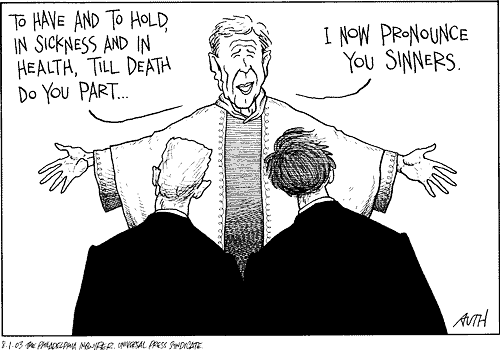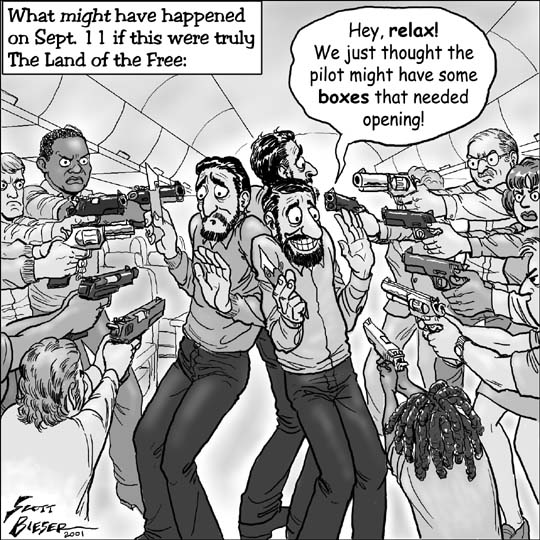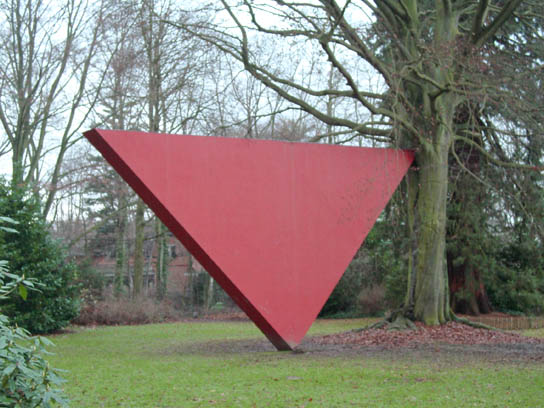
Nearing the end of blog I have observed a trend in American Politics and Religion; that there has been a long tradition of separating church from state, but an equally powerful inclination to mix the two together. The nations great political and social movements have been driven by these two forces and in recent years I have noticed that religion has been woven more deeply into the fabric of partisan politics than ever before. Because of this I've realised that I can't have my way where where religion is completely separated from religion and that I would have to work hard if I want them to stay as separate as possible. In the 2004 presidential campaign candidates openly discussed their religious beliefs, churches became increasingly active in political mobilization and voters sorted themselves out not just by their policy preferences but also by their religiosity. From this I believe that for the 2008 campaign whether a person regularly attends church would be as important in determining his or her vote for president as standard demographic characteristics as gender, and race. At my political table is what I see as the 3. The truly religious Huckabee, the Female Clinton, and the Black Obama. Whoever wins, I hope will keep religion a private matter.

.jpg)
















